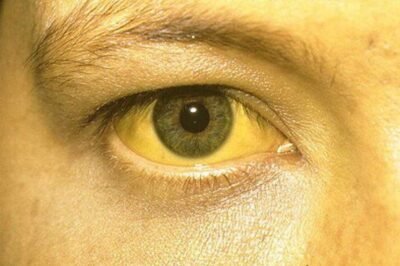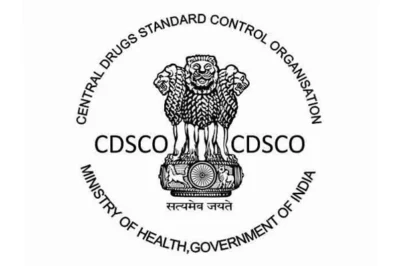Hepatitis A is a viral infection that attacks the liver, and it’s known for its high contagion levels and global presence. As outbreaks continue to surface worldwide, understanding this infection and its prevention methods is more critical than ever. But how effective is the Hepatitis A vaccine in preventing the spread of the virus? Dive into the details of Hepatitis A and discover the crucial role hygiene and vaccination play in combating this infectious disease.
Understanding Hepatitis A
Hepatitis A is caused by a virus that induces liver inflammation, impairing its function. The primary routes of transmission include consumption of contaminated food or water, or direct contact with an infected person. While mild cases might not require medical treatment and patients often recover without lasting liver damage, the potential for severe cases necessitates preventive measures.
Symptoms and Risks
The symptoms of Hepatitis A may not appear until a few weeks after contracting the virus and can range from mild to severe, including:
- Fatigue and general weakness
- Nausea, vomiting, and diarrhea
- Abdominal pain, particularly on the upper right side below the ribs
- Clay-colored stools and dark urine
- Jaundice, which is the yellowing of the skin and eyes
These symptoms, while sometimes mild and short-lived, can occasionally lead to prolonged and severe illness.
Prevention Through Vaccination and Hygiene
- Vaccination: The Hepatitis A vaccine is highly effective in preventing infection. Health authorities recommend vaccination for individuals traveling to regions with high rates of Hepatitis A, those living in close quarters with an infected person, or after exposure to the virus through food or water.
- Good Hygiene Practices: Regular hand washing, especially after using the restroom and before handling food, is crucial. This simple habit can significantly reduce the spread of the virus.
- Safe Food and Water Practices: Avoiding potentially contaminated food and water, especially in areas with known Hepatitis A outbreaks or poor sanitation, is another critical preventive measure.
- Community Health Education: Educating communities about the symptoms of Hepatitis A and the importance of timely medical consultation can help control outbreaks. Awareness encourages affected individuals to seek medical advice early, potentially reducing the spread of the virus.
The battle against Hepatitis A revolves around effective vaccination and strict adherence to hygiene standards. As we consider these preventive measures, it’s important to reflect on their broader impact. Could widespread immunization coupled with better hygiene education be the key to defeating Hepatitis A outbreaks globally?
What are your thoughts? Vote in our poll and join the conversation about the potential of these strategies to change the landscape of public health concerning Hepatitis A.




































































Leave a Reply